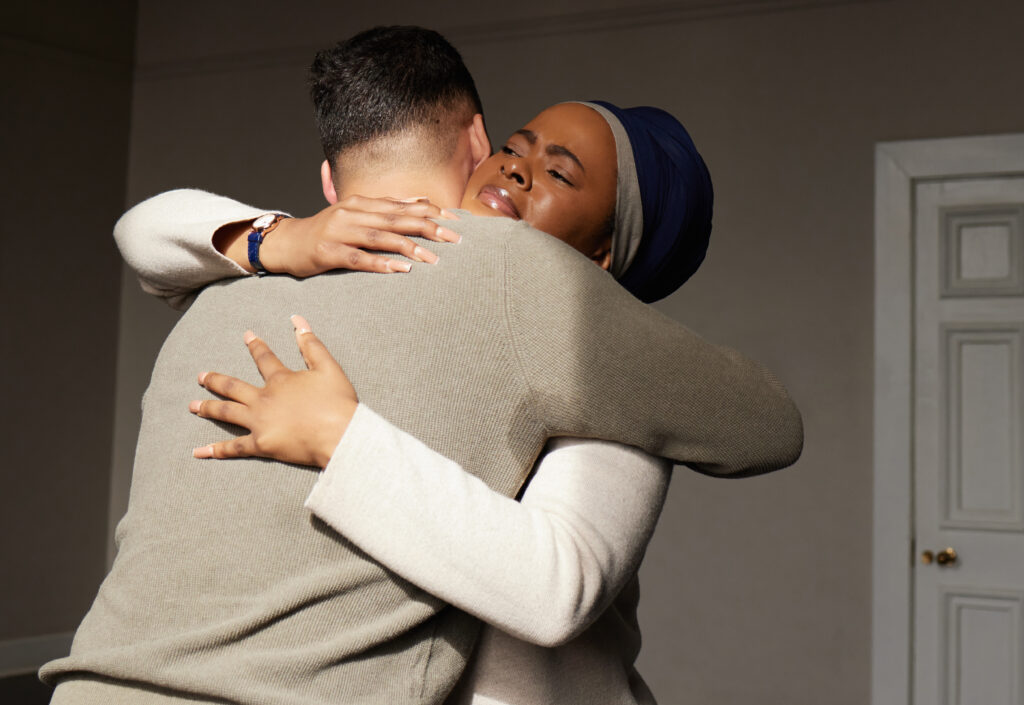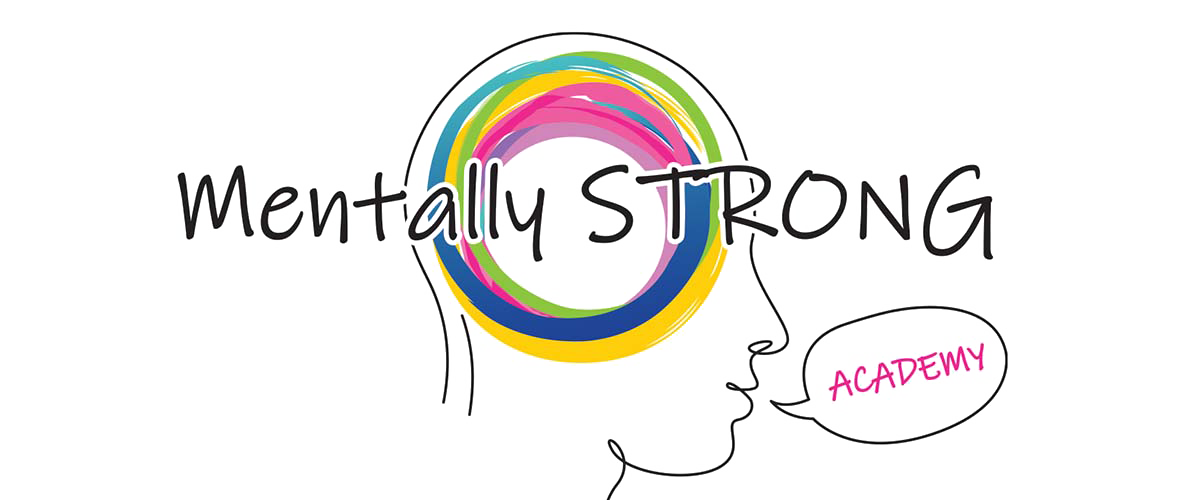You Can Heal After Losing a Child

Losing a child is a tragic and devastating experience that can leave parents overwhelmed and broken. Grief is a natural process after losing someone we love, but healing after losing a child can be incredibly challenging. In her video, Dr. B shares her deeply personal journey of loss and healing after losing two of her children. Drawing on her own experience, she offers insights and tools for coping with grief and healing after losing a child.
Fixing and Healing Grief
One of the critical insights that Dr. B offers is the difference between fixing and healing grief. While fixing involves trying to make the pain go away entirely, healing is a more nuanced process that involves finding ways to process the pain and cherish the relationship with the lost loved one. Healing after losing a child is not about fixing the pain but about finding ways to live with the pain and cherish the memories of your child.
Dr. B’s “mentally strong method” for processing grief involves acknowledging and accepting the pain, practicing self-care, finding healthy ways to express emotions, and focusing on positive memories of the lost loved one. These are all crucial steps in healing after losing a child.
The Healing Process
Acknowledging and accepting the pain of grief is the first step in the healing process. It is essential to allow yourself to feel all the emotions of grief, such as sadness, anger, and guilt. It is also necessary to seek support from friends, family, or a professional therapist who can help guide you through healing.
Self-care is another important aspect of the healing process. Taking care of your physical, emotional, and spiritual health can help you cope with the pain of grief. This could include exercise, eating well, getting enough sleep, and practicing meditation or other relaxation techniques.
Healthfully expressing your emotions is another critical step in the healing process. This could be through talking to a therapist, writing in a journal, or joining a grief support group. Finding healthy outlets for your emotions is important to avoid turning to unhealthy coping mechanisms like substance abuse.
In conclusion, healing after losing a child is a complex and ongoing process. It is crucial to allow yourself time to grieve, seek support, practice self-care, and express your emotions in healthy ways. By doing so, you can honor your child’s memory and find a way to live with the pain of your loss.


